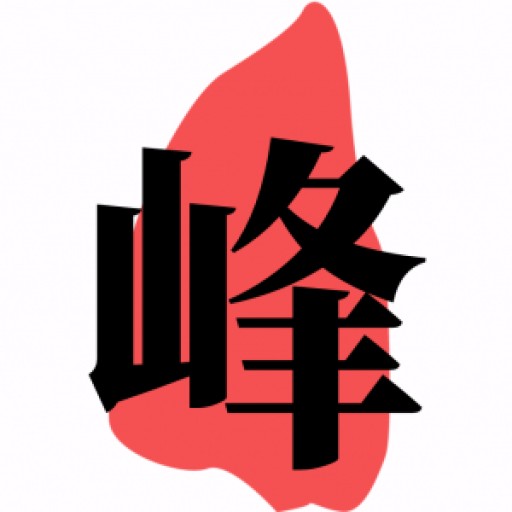See 一词用途广泛,其中一种用法是作为感官动词,意指视觉感知,是一种一睁眼就能无意识地看到事物的能力,在这种情况下,它通常不用于进行时;它与非谓语动词的关系曾困扰着许多人,而它与 to 的另一种搭配方式鲜为人知。
一般来说,作为感官动词,see 与非谓语动词的关系较为明确,宾补式非谓语动词有两种形式,一是带 to 不定式,二是用分词,特别是现在分词,see 也遵循这一规则。
一、与带 to 不定式连用
带 to 不定式作为 see 的宾补,表示完整地观看了某一动作,看到的是动作的完整过程,通常适用于较短的动作,例如:
I saw you put the key in your pocket.
我看到你把钥匙放进了口袋里。
解析:看到的 put 动作是完整的。
I saw them kiss in the park.
我看到他们在公园里接吻。
解析:看到的 kiss 动作是完整的。
二、与分词连用
1. 现在分词作 see 的宾补,表示主语看到某一动作正在进行中,看到的是动作的一部分,格式为:see sb doing sth,例如:
She was seen running away from the scene of the crime.
有人看到她从犯罪现场跑开。
解析:看到的是部分的 run away 动作,相当于 she was seen when she was running away from the scene of the crime。
Did you see the playing football?
你看到孩子们在踢足球吗?
解析:看到的是部分的 play football 动作,相当于 Did you see the children when they are playing football?
I saw him being interviewed yesterday.
我昨天看到他接受采访。
解析:看到的是部分的 being interviewed 动作。
2. 过去分词作 see 的宾补,表示主语看到某一动作被执行,看到的是动作的完整过程,格式为:see sth/sb done;除非要强调 sth/sb,否则这种形式不常用,例如:
I him interviewed yesterday.
解析:看到的是完整的 be interviewed 动作。
His parents saw him awarded the winner's medal.
解析:看到的是完整的 be awarded 动作。
三、被动语态中的动词不定式
在现代英语中,动词不定式不再用作 see 的宾补,因此我们不再使用 see sb to do sth;但与 make 类似,被动语态中的 see 使用动词不定式作宾补,如 be seen to do sth:
He was seen to enter the building about the time the crime was committed.
有人看到他在案发时间前后进入那栋建筑物。
He was seen to cross the street.
有人看到他过马路。
需要注意的是,be seen to do sth 与 be seen doing 有所不同,前者表示看到整个动作,后者表示看到动作的一部分,例如:
The deer was seen to run across the road in front of the car.
解析:此处看到的是 run across the road 的整个动作,可以肯定的是鹿没有被撞到。
The deer was seen running across the road just in front of the car.
解析:此处看到的是 run across the road 的部分动作,后续鹿可能被撞到,也可能车刚好被刹住,然后鹿过马路。
虽然 be seen to do sth 并非常用,但被动语态有其存在的价值,不常用与不用是两个不同的概念,自如地徜徉在语法世界中,岂不让人心生羡意?
四、see to
See to 是一个鲜为人知且简短的动词短语,意为“办理、料理、处理”等,其中的 to 是介词,而不是动词不定式的标识符。例如:
Don't worry. I'll see to it.
别担心,这事儿我来处理。
Mrs Chapman asked for some help with the orders; could you see to it?
查普曼夫人要求帮忙点菜,你能处理一下吗?
Will you see to the arrangements for the next meeting?
你来负责安排下次会议,好吗?
那么如何判断 see to 中的 to 是介词还是动词不定式的标识符呢?按照之前介绍的通用方法,就是用 it 去代替 to 后面的成分,如果句子的意思还完整的话,那么 to 就是介词,否则是动词不定式的标识符。
这点也可以从 see 的另一个短语 see to it that 中看出来,它意为“确保、务使”,例如:
Please see to it that no one comes in without identification.
请确保没有身份证的人不要进来。
Can you see to it that the fax goes this afternoon?
你保证今天下午就把传真发出去?
五、思考题
从 see 与非谓语动词的关系出发,以下哪句更合理,为什么?
1. I saw the house being painted.
2. I saw the house painted.
关注外语行天下,后期会更精彩。




